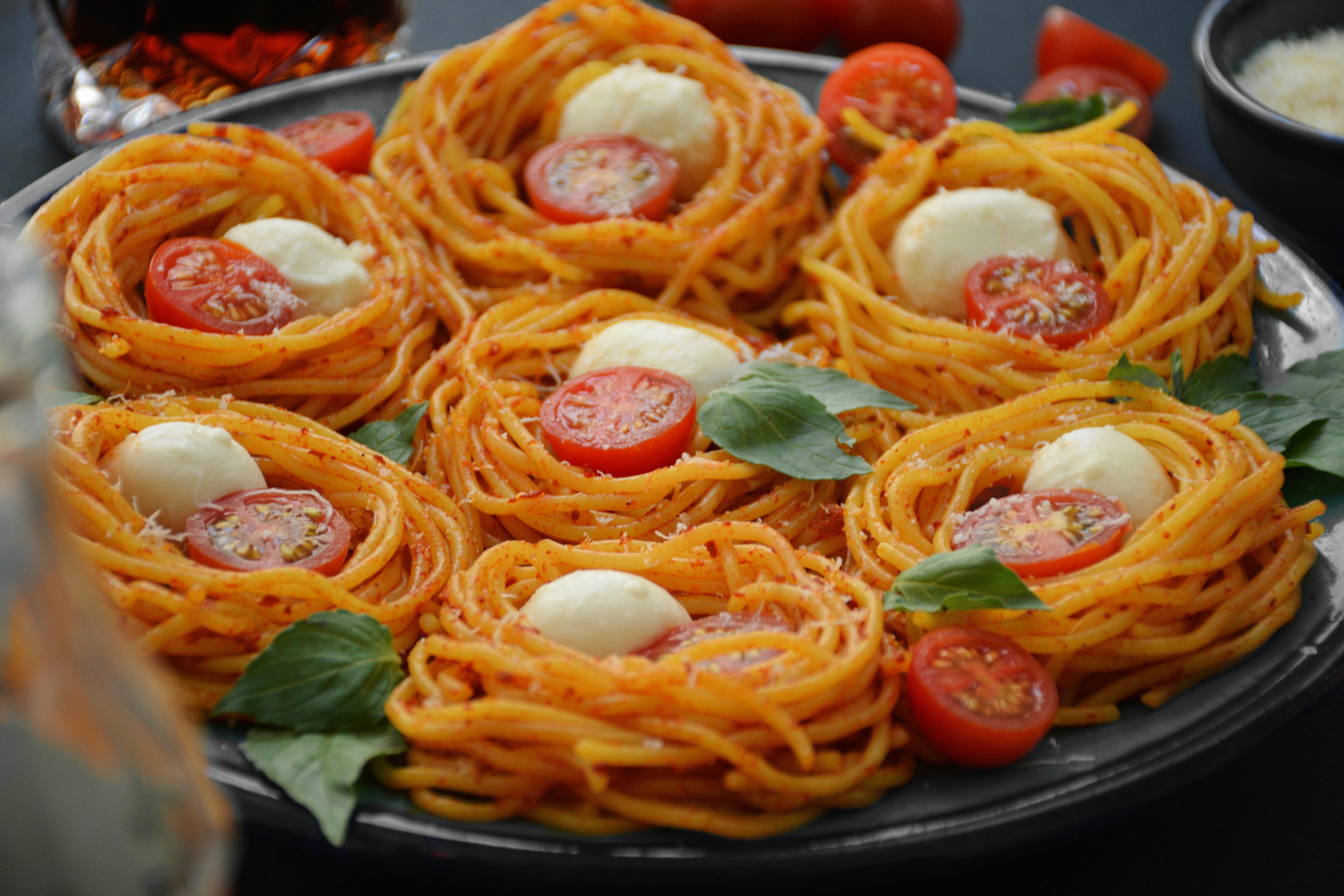
We can categorize houseplants in many different ways, but when it comes to which plants are most likely to survive in an indoor environment, light level plays a huge role. Indoor plants are outdoor plants where nature takes care of all their basic needs, such as water, light, pollination, and temperature. Bringing plants indoors creates a beautiful natural indoor green space in our indoor living room. Unfortunately, most of us indoor gardeners don’t have the right conditions for them to survive and the plants simply can’t make the transition. In order to have happy and healthy plants indoors, we must know which plants are able to survive in low light conditions (shade lovers). The types of plants that grow in the house with low light give the novice indoor gardener a better chance of succeeding in growing beautiful houseplants.
Most of us have particular plants in mind when we think of normal houseplants. Let’s consider other plants that can be grown indoors, especially organic herbs that you can use to flavor your food. There really is nothing that enlivens a recipe more than using freshly picked herbs from your own garden. Many of us start using dried herbs after the frost has wiped out the fresh ones in the garden, but there’s no need to. Most herbs are easy to grow indoors on a sunny windowsill. South facing is certainly the best, but you can place them in almost any window and find that they can suit most situations.
Select a narrow container that will look good on your windowsill, one that has holes in the bottom, or one where holes can be drilled. This is absolutely necessary for drainage or your plants will die. Fill it with a soilless mix, a growing medium (get it at a garden center), and plant the seeds you’ve chosen. Well.
You’ll want to put this all in a plastic bag until these little plants grow well, because if they dry out when they’re little, they’ll die. Don’t seal the bag, the plants want some air too.
Some herbs will definitely grow better in the house than others. Lavender, cilantro, sage, oregano, parsley, chives, tarragon, basil, and mint are smart choices if you plan to start your indoor garden from seed. Since space will likely be a limiting factor, you need to be sure to consider what you will do with the herbs you want to grow.
Think about the herb you will use the most. That should apply whether they are grown indoors or outdoors in your organic garden. Grow things that you would use all the time in most of the dishes that you like to prepare. Don’t farm them for farming’s sake, although that’s fun too. All those new things you want to try.
Let’s take an example, suppose you love Basil, there are so many types for you to try; Purple Leaf, Genovese, Lemon Basil, Sweet Basil, Hot Globe Basil, Flying Leaf Basil, Purple Flying Leaf Basil, Giant Leaf Basil and much more. Have you run out of windows yet? What about the other herbs you like? choose wisely.
Here are some other herbs you might want to grow. Cilantro, Lavender, Oregano, Sage, Tarragon, Chives and Parsley. There are many others, but these can help you get started. These can be sown indoors or outdoors. Consider planting outdoors and bringing your favorites indoors for the winter.
There are 2 main advantages to growing your own herbs. Firstly, herbs are fresh and tend to impart a much milder flavor to your dishes, dried herbs tend to get much stronger as they dry. Second and most important, there are no unknown chemicals in your herbs. The fresh or dried herbs you can buy have been grown in conditions we know nothing about.
Organic gardening is a must if we want to reduce the chemical pesticides we are exposed to. Growing food plants organically outdoors or indoors, in your own organic garden is the answer.
The Window-fell Garden is a particularly unique gift idea. Get a narrow container and sow with Aromatic Herbs, Lavender, Thyme and Oregano or with Kitchen Herbs, Sweet Basil, Chives and Parsley. Do you want a friend to remember you every day? Just grow them and give them as a gift.